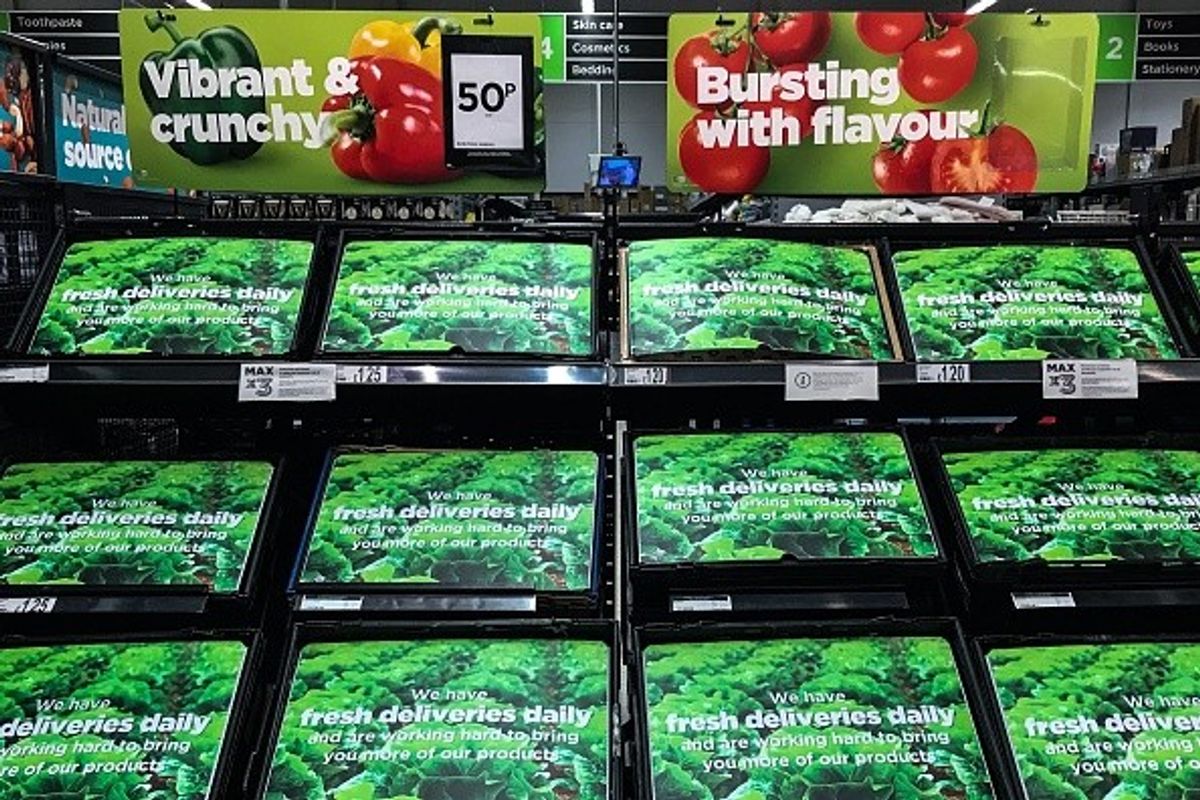Supermarket bosses are set to be hauled in by the Food Minister to explain shortages of fruit and veg products for customers across the UK after major chains including Tesco, Morrisons and Aldi put limits on the number of items per customer.
According to recent reports, food minister Mark Spencer has summoned bosses from all the major chains to find a way to get shelves fully stocked again with fears growing rationing could last into spring. Tomatoes, peppers, cucumbers, aubergine, broccoli and raspberries are reportedly are in shortage and are becoming increasingly as similar fear over apples and carrots loom.
“The current situation – caused by recent poor weather in North Africa – shows how dependent we can be on certain trade routes for some types of food.
"I know families expect the fresh produce they need to be on the shelves when they go for their weekly shop. That is why I am calling in supermarket chiefs to get shelves stocked again and to outline how we can avoid a repeat of this.
“As we do our shopping, we should all give our thanks to the UK’s tens of thousands of farmers and food producers for keeping us fed throughout the year and particularly showing their mettle keeping the nation going during the pandemic.”
Spencer is expected to demand answers over how Britain found itself at the centre of such acute crisis. He is also set to be launching Operation Save Our Salad to end the fruit and veg shortage.
It comes a day after the National Farmers’ Union (NFU) warned that shortages of some fruit and vegetables could be “the tip of the iceberg”. Tomatoes, peppers, cucumbers, aubergine, broccoli and raspberries are all hard to find in big shops with warnings apples and carrots will soon be in short supply.
According to reports, Tesco and Aldi are limiting customers to three units of tomatoes, peppers and cucumbers as a precautionary measure, while Asda is also limiting customers on lettuce, salad bags, broccoli, cauliflower and raspberries. Morrisons has set a limit of two items per customer across tomatoes, cucumbers, lettuce and peppers.
It is said that the shortage is the ripple effect of poor yields on the continent and north Africa. Supplies are expected to improve in the coming weeks.


